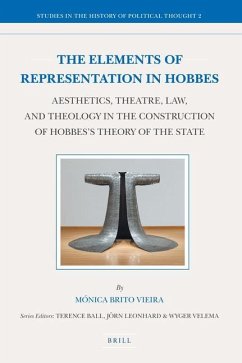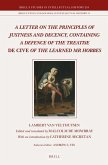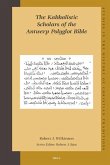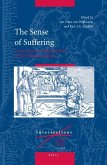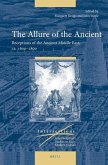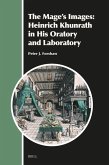Commentators have traditionally constructed Hobbes's thinking on representation too narrowly, as a self-contained area of his political theory. This book challenges this orthodoxy of Hobbes scholarship, which owes less to Hobbes s thought than to contemporary preconceptions of what counts as political thinking. In her powerful and original analysis, M nica Brito Vieira mines neglected strands of Hobbes's theory of representation, and reinstates it in a much wider pattern of Hobbes s theorizing about human thought and action in relation to widely varied images, roles and fictions. The result is a compelling portrait of how man's natural power to form representations through the imagination and artifice underpins his capacity to break away from nature, and fashion world that best suits his needs.
Hinweis: Dieser Artikel kann nur an eine deutsche Lieferadresse ausgeliefert werden.
Hinweis: Dieser Artikel kann nur an eine deutsche Lieferadresse ausgeliefert werden.

